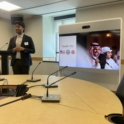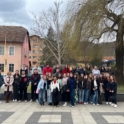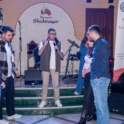Abdulaziz reflects on the highlights from serving as a mentor for CEW.
STORIES
YES Alumni Grant: Girls and Science Project
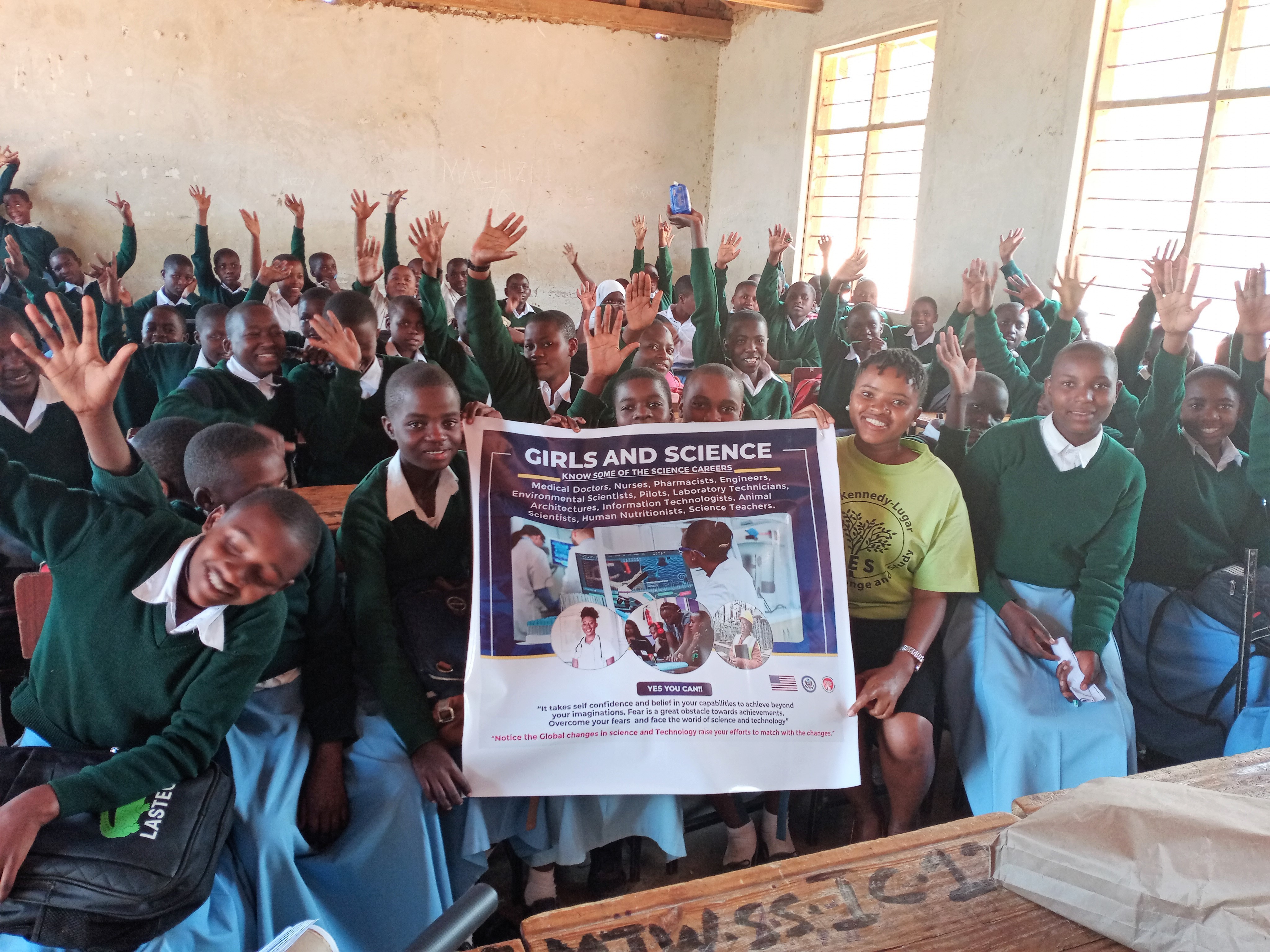
By Eddah Lugala (YES 2013-2014, Tanzania, placed by PAX in Cottonwood, AZ)
I am a fifth-year medical student at the Catholic University of Health and Allied Sciences in Tanzania, and I am also a YES alumna! My exchange year in the U.S. made a huge impact on my life. It boosted my interpersonal, decision making, project planning, and problem-solving skills. My stay in the U.S. also raised my self-confidence and belief in my capabilities, which pushed me to apply for a YES Alumni Grant for a project to raise awareness of the importance of science and boost self-confidence among young girls so that they believe in their abilities.
Tanzania, as a developing country, is actively working toward advancement in science and technology. We have a motto, “Tanzania ya viwanda,” which encourages citizens to invest in science for the development of our country. But the number of Tanzanian engineers and scientists is still low, and there are very few females working in science-related fields compared to males.
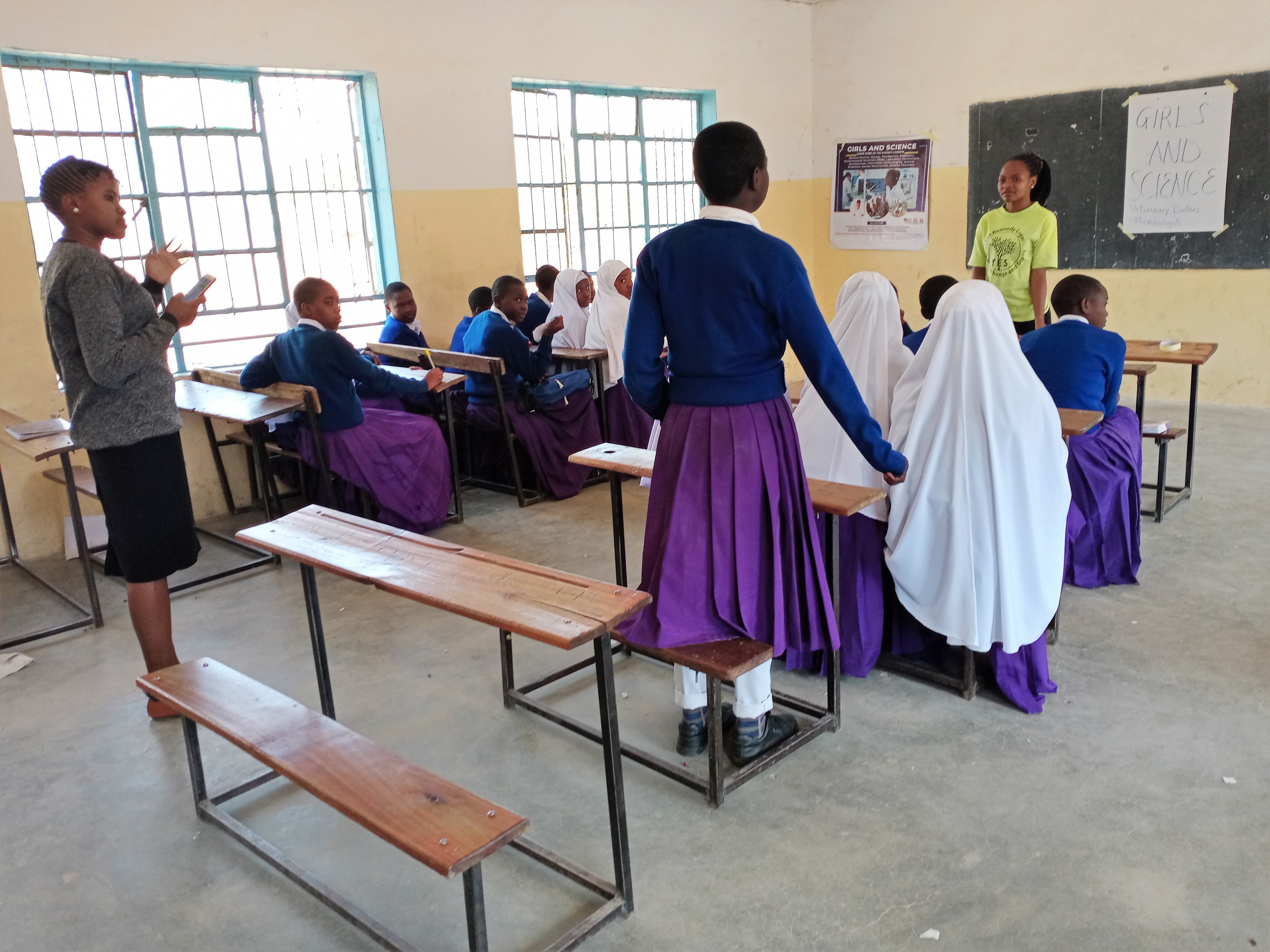
In most African societies, females are underrepresenting in science fields because of the misconception that science is too difficult for women. Efforts have been made to motivate girls to choose science as a career path, but challenges remain, especially rural areas, where girls’ self-confidence in their ability to take on science is low. As a student who went to a local government school in Tanzania, had the opportunity to study science, and got accepted to medical school, encouraging more young women to pursue science is a passion of mine.
With funding from the YES Alumni Grants program and the cooperation of the heads of 30 schools, the Girls and Science project reached over 4,500 female students between the ages of 11 and 15 in rural areas of the Iringa region. In each school, we conducted sessions centered on motivational talks, building self-confidence and a love of science, and allowing the students to ask questions. We emphasized that female students are as equally capable as male students to excel in science with practice, dedication, and commitment to putting in the time to study. We also discussed time-management, fostering strong teacher-student relationships, and supporting one another as female students.
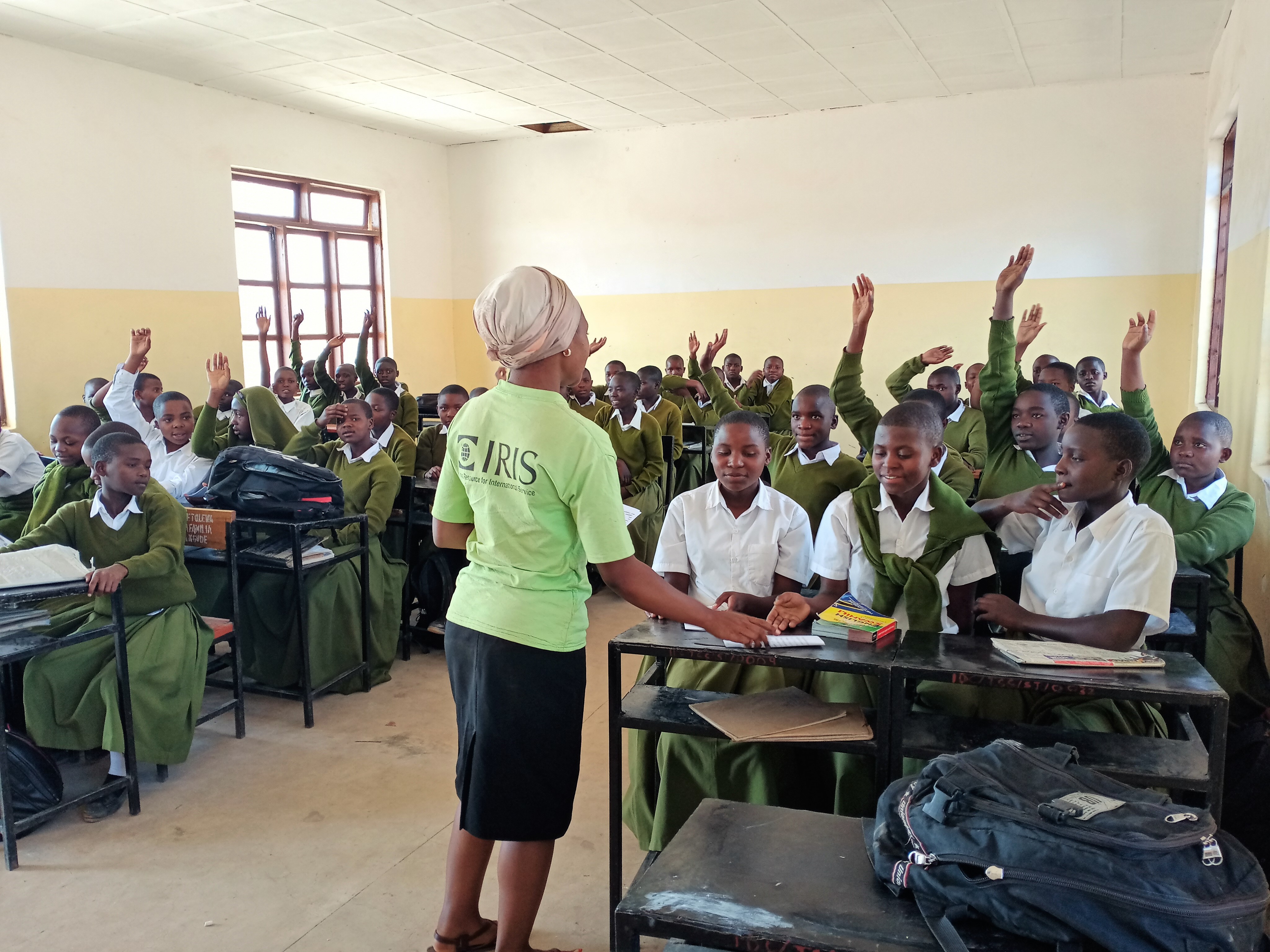
The teachers in each school were supportive and appreciative, promising to continue providing guidance and encouragement to female students in their science studies. Long-term project results will be assessed at the beginning of the next academic year by tracking the number of female students who choose science subjects and sit for final exams in these subjects.
I am very grateful to the YES program and the U.S. Department of State Bureau of Educational and Cultural Affairs for funding this project and helping make it successful.


